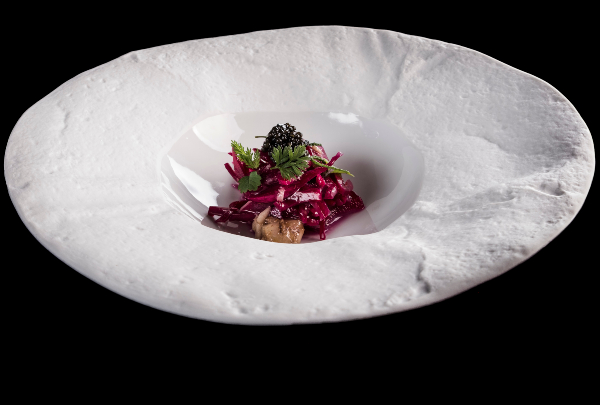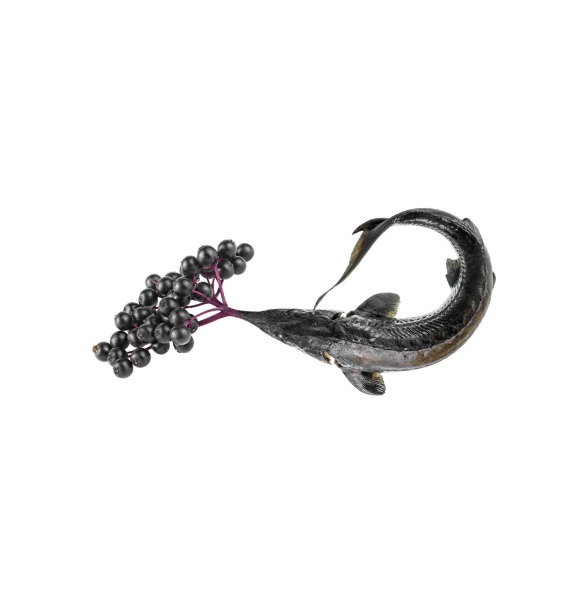Interview
DeAille Tam: ‘Cooking is a new experiment every day’
 600x405.jpg)
This brilliant woman – Asia’s Best Female Chef 2021 – is forging a new identity for modern Chinese cooking at her restaurant Obscura (Shanghai).
China’s millennia-old culinary history and the vast variety of regional cuisines of this great Asian giant might well intimidate more than a few cooks aiming to unlock this culinary tradition and offer a new and modern vision of Chinese cuisine. For DeAille Tam, that is definitely not the case. In Shanghai, at the helm of Obscura, where she works with her co-chef and husband Simon Wong, Tam offers a cuisine that draws on tradition to unveil it to the world. A bold and limitless cuisine.
But the first step for rewriting Chinese cuisine meant actually delving into it. ‘Most of the Chinese dishes served abroad are far removed from the real cuisine of this country,’ says Tam, who unashamedly admits that ‘before living here, I had no idea of what the true flavours of China were either.’ That is why this Hong Kong native, raised in Canada from the age of 10, embarked on a journey of gastronomic discovery through mainland China a year ago: ‘It was a daunting task – there are eight Chinese culinary traditions dating back to ancient times (those of Sichuan, Hunan, Anhui, Fujian, Guangdong, Zhejiang, Jiangsu and Shandong) – but at the same time it was very exciting because of the untapped potential I unearthed that was waiting to be revealed.’
The most valuable lesson Tam learned from that journey was discovering that ‘you learn the most in the remotest places and on farms, as ancestral practices there have not been diluted or combined with mainstream cooking. As their identities are still very pure, they provide the deepest insight into Chinese gastronomy.’ Although determined to pull back the veil on all gastronomic mysteries that still remain hidden in the remote villages of her country, DeAille acknowledges that it will take her ‘several years to discover all the facets of Chinese culture that lend themselves to the food experience, so many that I’ll surely spend the rest of my life here without mastering any of them.’ It is the sheer enormity of this task that makes it all the more interesting: ‘Creatively we’re very stimulated by the plethora of produce and natural resources found in China.’
All this creativity – rooted in exploring local markets, remote vegetable gardens and the knowledge of many local people – is unfolded at Obscura, the award-winning restaurant that DeAille Tam runs in Shanghai. DeAille sifts all this ancient knowledge through a new lens, a more technical way of seeing things and a legacy of when she studied engineering in Canada; it allows her to ‘understand raw materials and cooking methods from a scientific point of view in order to dissect them or reconstruct them as necessary.’ The ingredients are what they are; it is up to the cook to be able to see something different in each of them. That is what DeAille Tam is devoted to doing: ‘Cooking is a new experiment every day.’
The weight of the wok
Despite being the first female chef in mainland China to earn a Michelin star (in 2018, with her previous restaurant Bo Shanghai, where she worked with the charismatic chef Alvin Leung), and being Asia’s Best Female Chef, DeAille Tam is circumspect about her future and that of her restaurant, Obscura: ‘We are still in the childhood of our life cycle. We have to learn more, discover more...’
By forging her culinary career on tenacity Tam has avoided being lulled into a false sense of security. Step by step she is mapping out her gastronomic ideas, just as she has done with her own path on the international gastronomic landscape. From her parents’ initial opposition to her desire to be a chef, DeAille Tam has battled social prejudices to get where she wants to be: ‘As a woman and the eldest of my siblings, there were certain social expectations about what my life ought to be.’
Few women in China step into a restaurant kitchen. ‘A wok is heavy and you need to be strong to use it naturally and with skill. Kitchens are also hot, dangerous and stressful places. Traditionally, women avoided them and devoted themselves to the home.’
That view is slowly changing, and Tam is a clear example of this. That said, she warns those who want to follow in her footsteps: ‘Make sure you’re willing to give your all before you embark on this path; if you’re not willing to make sacrifices, you’ll only get so far.’ It’s clear that DeAille Tam has not settled for that.
The secret is bearing the weight of the wok with ease.

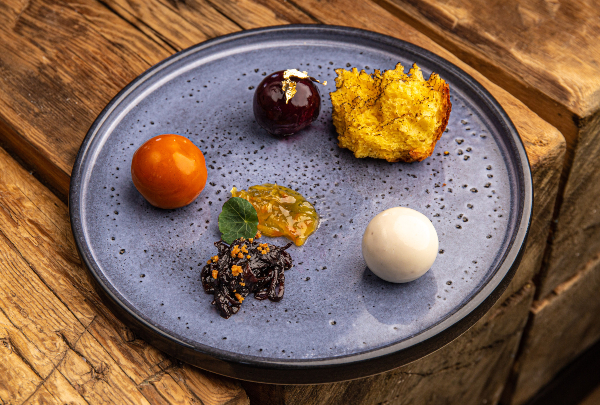
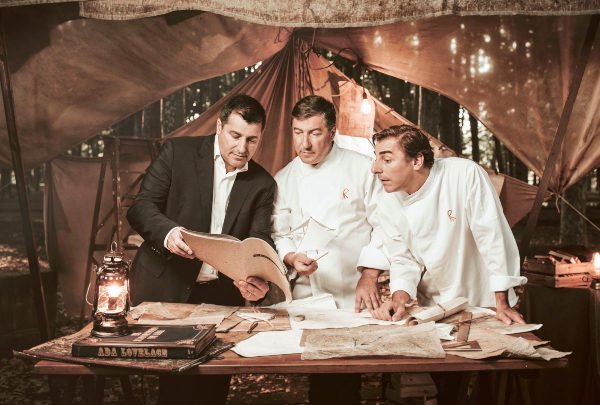
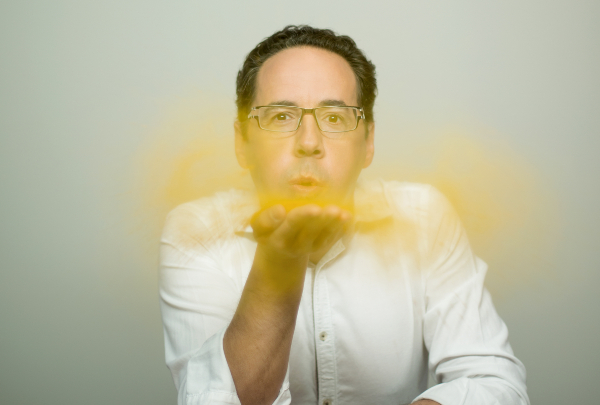
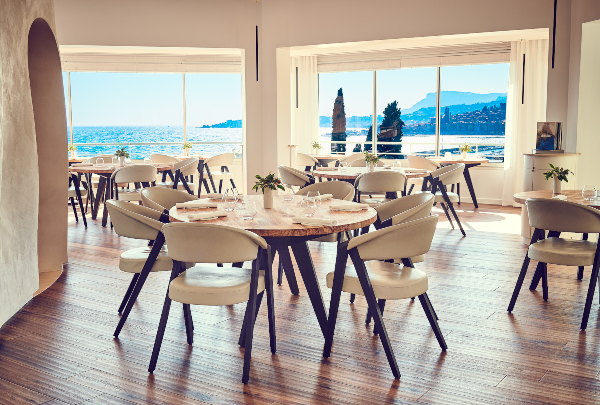
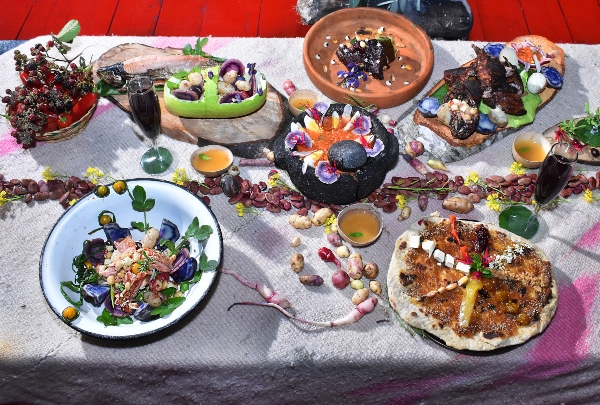
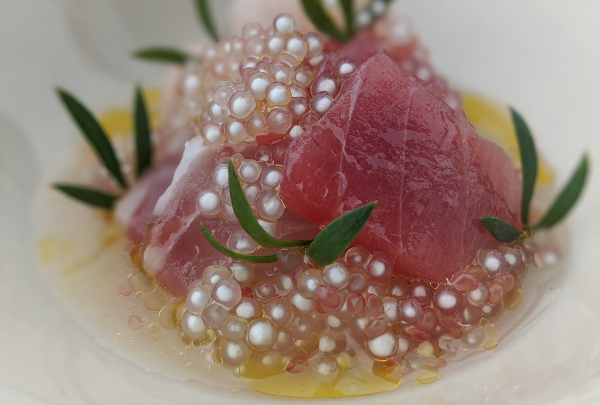
600x405.jpg)
.jpg)
.jpg)
